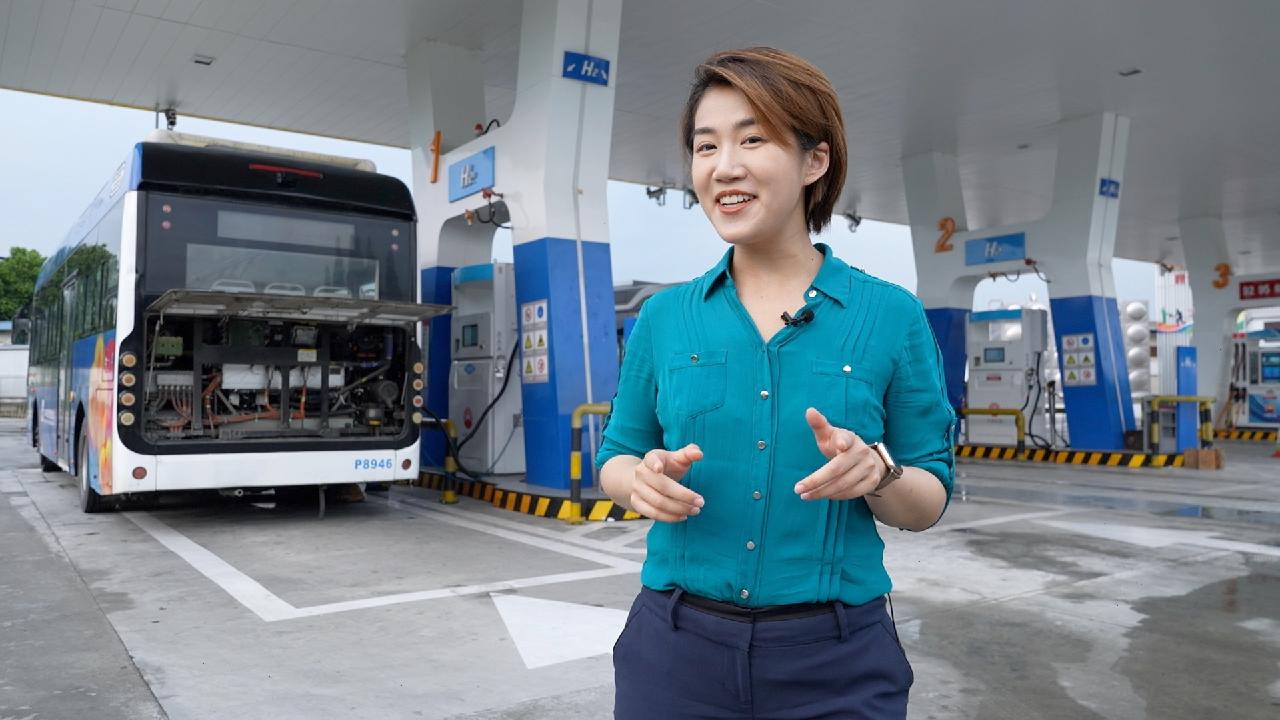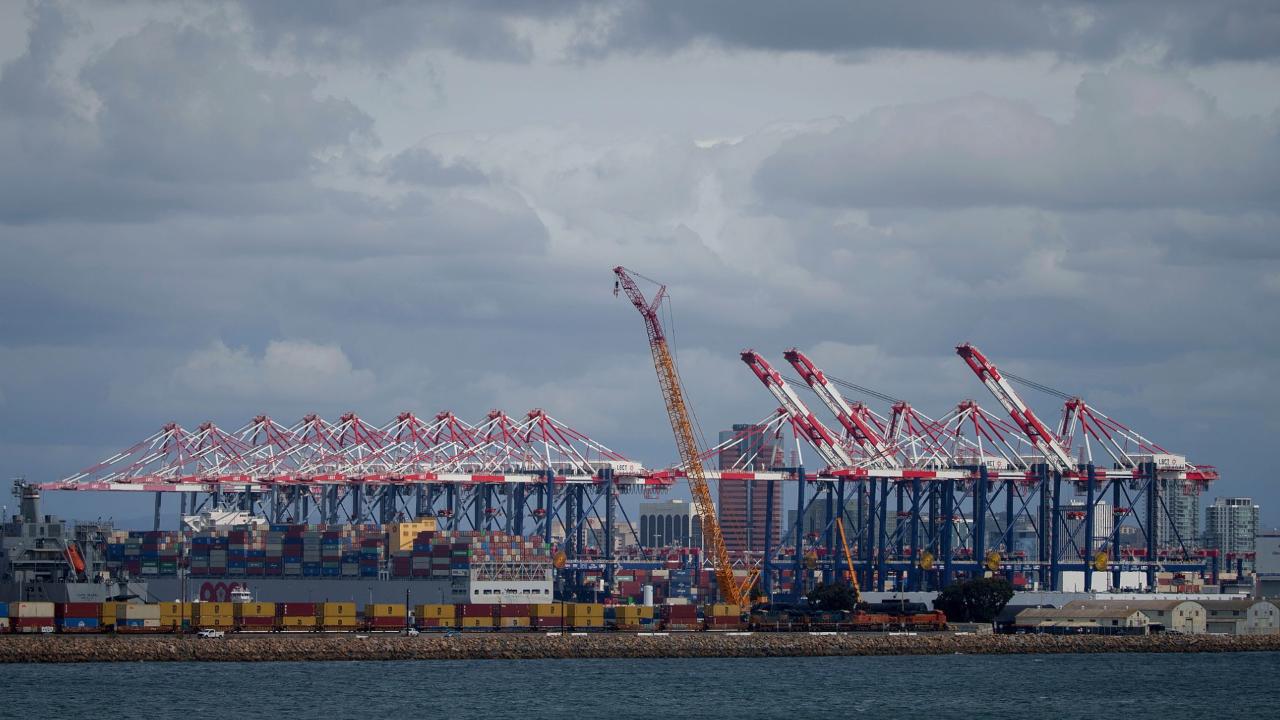China's hydrogen technology advances Paris Olympics' carbon objectives
China's advancements in hydrogen technology are set to support the carbon reduction objectives of the upcoming Paris Olympics.

"This batch of equipment is indeed distinctive. They not only meet China's technical standards but have also obtained European certification," stated Liu Xing, vice president of the company responsible for producing the equipment.
Located in Chengdu, in southwest China's Sichuan Province, Houpu Clean Energy Group has previously supplied similar equipment and collaborated on hydrogen stations for both the 2022 Beijing Winter Olympic Games and the Chengdu Universiade.
Liu shared with CN that their past experience supplying major sporting events, along with years of operational data, has bolstered their credibility with clients.
At the company’s headquarters, more hydrogen refueling equipment is currently being assembled and tested ahead of export to Canada, Australia, and France. The firm claims to have produced over 100 such sets for hydrogen stations globally.
"Developed countries share the same high level of awareness and commitment to green energy and low-carbon practices as China does," Liu remarked, noting that Europe's advanced hydrogen energy development is generating a steady stream of orders for the company.
Hydrogen energy is increasingly viewed as essential for achieving a green transition in the transportation sector, which contributes significantly to global carbon dioxide emissions.
The heavy-duty, long-haul transportation industry has particularly high energy demands, making it well-suited for a transition to hydrogen energy. However, the journey toward widespread commercial use is fraught with obstacles.
"Hydrogen energy's application in rail transit, such as converting from oil to hydrogen, is technically mature and poses no issues in engineering application. But there's a need to strengthen our technical specifications, standards and management measures," remarked Chen Weirong, an academic at the Russian Academy of Engineering, and dean of the hydrogen energy and hydrogen storage technology research institute at Southwest Jiaotong University.
"Basic infrastructure, like hydrogen refueling facilities, requires further enhancement," Chen added.
To promote broader adoption of hydrogen energy, various policies are being explored at the provincial and local levels. In Sichuan Province, for example, hydrogen-powered vehicles equipped with electronic toll collection devices are expected to benefit from exemptions from expressway tolls.
Companies assert that favorable policies, along with promising market demand, provide considerable momentum for their investments in research and development, thereby contributing to global carbon neutrality objectives.
(Videographer: Qiu Jianfeng)
Alejandro Jose Martinez contributed to this report for TROIB News
Discover more Science and Technology news updates in TROIB Sci-Tech












